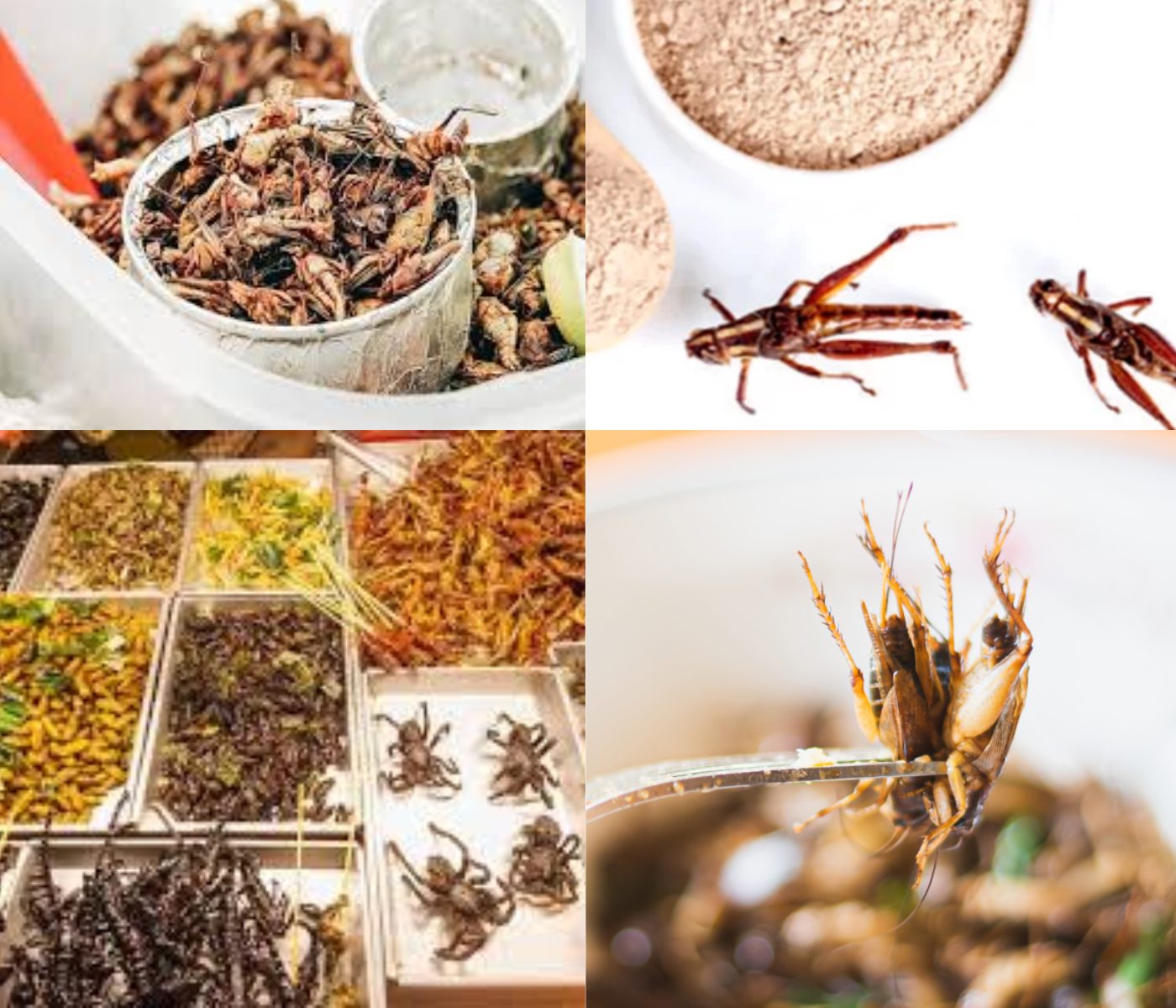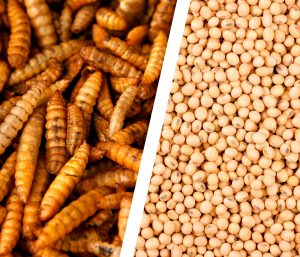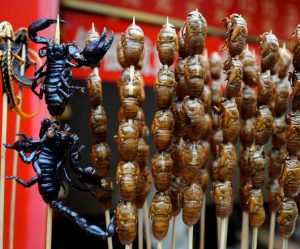 12 Mar 2024
12 Mar 2024
 Addressing Global Food Challenges
Addressing Global Food Challenges
Recent efforts led by East African scholars have yielded a groundbreaking global atlas focusing on edible insects, providing an in-depth exploration of their diversity and significance within food systems and sustainability frameworks. This endeavor arrives amidst mounting concerns driven by population growth and escalating demands for nutritious food.
Urgent Call for Sustainable Approaches
 With traditional agricultural methods straining production, natural resources, and ecosystem services, particularly under the specter of climate change, there’s a pressing need to integrate edible insects into the global food paradigm. These insects, distinguished by their minimal environmental impact, efficient conversion rates, rapid growth, and nutritional richness, offer a promising avenue toward sustainability.
With traditional agricultural methods straining production, natural resources, and ecosystem services, particularly under the specter of climate change, there’s a pressing need to integrate edible insects into the global food paradigm. These insects, distinguished by their minimal environmental impact, efficient conversion rates, rapid growth, and nutritional richness, offer a promising avenue toward sustainability.
Addressing Knowledge Gaps
 Despite their potential, substantial knowledge disparities persist regarding the diversity, distribution, and characteristics of edible insects across regions. To bridge these gaps, a collaborative effort among scholars from the International Centre of Insect Physiology and Ecology in Nairobi, Kenya, the Department of Zoology and Entomology at the University of Pretoria in South Africa, and the Faculty of Science and Education at Busitema University in Tororo, Uganda, was launched to compile and analyze a fragmented database on edible insects.
Despite their potential, substantial knowledge disparities persist regarding the diversity, distribution, and characteristics of edible insects across regions. To bridge these gaps, a collaborative effort among scholars from the International Centre of Insect Physiology and Ecology in Nairobi, Kenya, the Department of Zoology and Entomology at the University of Pretoria in South Africa, and the Faculty of Science and Education at Busitema University in Tororo, Uganda, was launched to compile and analyze a fragmented database on edible insects.
Revealing Insights
Drawing from a diverse array of sources including literature, the Global Biodiversity Information Facility, iNaturalist, the Copernicus Land Service library, and FAOSTAT, scholars conducted an exhaustive analysis spanning country, regional, and continental levels. Their findings illuminated commonalities and variations in edible insect consumption practices, unveiling correlations with factors such as land cover, insect presence, population size, and income levels.
 Cultural Shifts
Cultural Shifts
While insect consumption is deeply ingrained in African, Asian, and Latin American cultures, a growing awareness of food sustainability is fueling interest in Europe. This study underscores the burgeoning significance of edible insects in shaping the trajectory of global food systems, emphasizing the need for proactive strategies to promote their integration for sustainable food production.
 Outlook for the Future
Outlook for the Future
Published in the esteemed journal Scientific Reports, this study marks a significant stride in comprehending and harnessing the potential of edible insects to tackle global food security and sustainability challenges.
Subscribe now to the technical magazine of animal nutrition
AUTHORS

Hybrid Rye Potential in Laying Hen Feed Rations
Gwendolyn Jones
A day in the life of phosphorus in pigs: Part I
Rafael Duran Giménez-Rico
Use of enzymes in diets for ruminants
Braulio de la Calle Campos
Minerals and Hoof Health in the Pregnant Sow
Juan Gabriel Espino
Impact of Oxidized Fats on Swine Reproduction and Offspring
Maria Alejandra Perez Alvarado